It Ma(t)Ters
Joint conference for terrestrial and marine microbiology
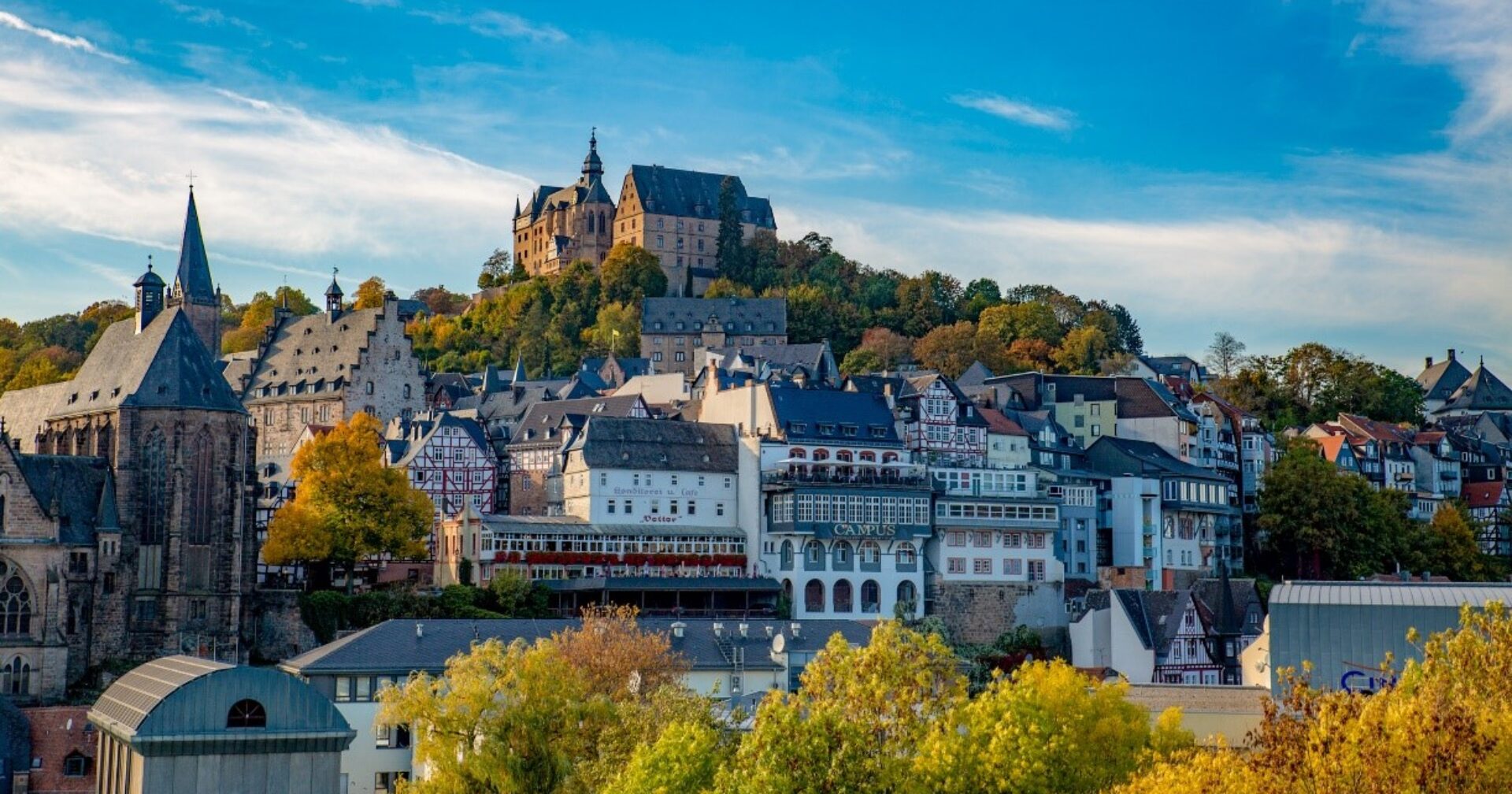
About the event
It Ma(t)Ters is a great platform for doctoral researchers and early career scientists in the field of microbiology to promote their research, exchange ideas, discuss science, and extend their network in a professional and casual atmosphere. The It Ma(t)Ters Conference started in 2017 as an initiative from doctoral researchers from the Max Planck Institute for …
READ MOREInvited speakers
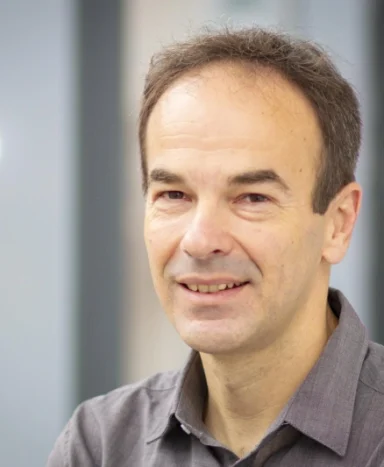
Viruses play an important role in the environment: They control the health and growth of all organisms, influence nutrient cycles, shift genetic information and drive the evolution of their hosts. Viruses can be found wherever living organisms reproduce - in salt and fresh water, in soil and sediments, even the atmosphere contains aerosols loaded with virus particles.
With the help of new technologies, especially the cost-effective sequencing of DNA molecules, it has been possible to describe an unimaginable variety of viruses in recent decades. We now know that a large part of the genetic reservoir on our planet is stored in the genomes of viruses. However, exactly how individual viruses have adapted to their hosts and interact with their environment remains largely unknown.
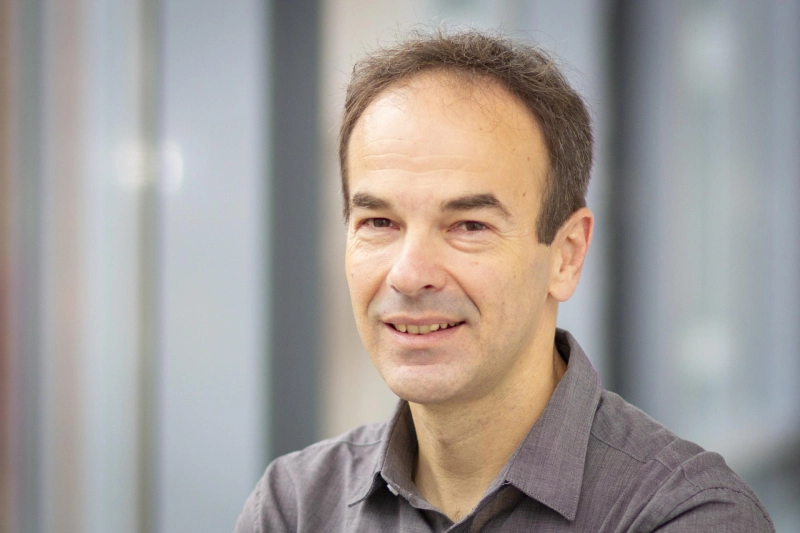
Viruses play an important role in the environment: They control the health and growth of all organisms, influence nutrient cycles, shift genetic information and drive the evolution of their hosts. Viruses can be found wherever living organisms reproduce - in salt and fresh water, in soil and sediments, even the atmosphere contains aerosols loaded with virus particles.
With the help of new technologies, especially the cost-effective sequencing of DNA molecules, it has been possible to describe an unimaginable variety of viruses in recent decades. We now know that a large part of the genetic reservoir on our planet is stored in the genomes of viruses. However, exactly how individual viruses have adapted to their hosts and interact with their environment remains largely unknown.
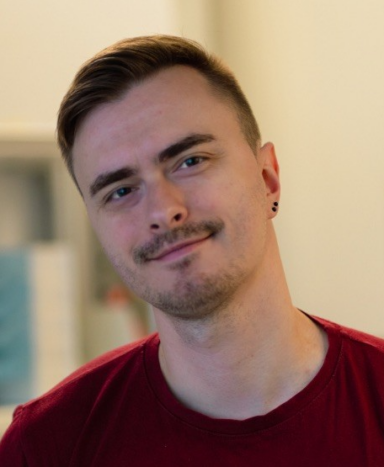
In nature, bacteria coordinate their behavior at the group level based on cell density and community structure through a process known as quorum sensing. Despite the molecular diversity of quorum sensing systems across bacterial species, all rely on the production and detection of small signaling molecules called autoinducers. While most autoinducers facilitate intraspecies communication, only one - autoinducer-2 (AI-2) - is known to be produced by a variety of bacteria, enabling interspecies and potentially even interdomain communication.
Using Klebsiella pneumoniae as a model organism, we aim to understand the principles of interspecies signaling in establishing bacteria-bacteria and bacteria-host interactions, including infection. Specifically, we investigate how AI-2 signaling regulates cell physiology, collective behavior, and host-microbe interactions in this lung pathogen. In particular, we explore how AI-2 signaling mediates interactions between K. pneumoniae and innate immune cells.
We are also interested in how AI-2 signaling in K. pneumoniae influences its ability to persist outside the human host and interact with environmental bacteria.
For these purposes, we utilize a combination of in vitro techniques (including proteomics, flow cytometry, and advanced imaging) and in vivo models (such as a mouse model of gut colonization and pneumonia).
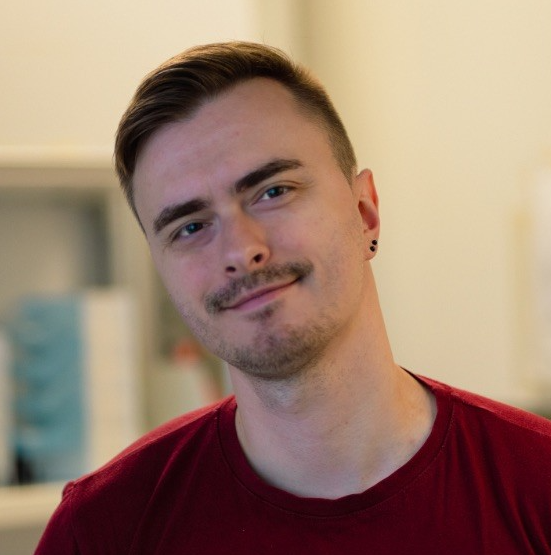
In nature, bacteria coordinate their behavior at the group level based on cell density and community structure through a process known as quorum sensing. Despite the molecular diversity of quorum sensing systems across bacterial species, all rely on the production and detection of small signaling molecules called autoinducers. While most autoinducers facilitate intraspecies communication, only one - autoinducer-2 (AI-2) - is known to be produced by a variety of bacteria, enabling interspecies and potentially even interdomain communication.
Using Klebsiella pneumoniae as a model organism, we aim to understand the principles of interspecies signaling in establishing bacteria-bacteria and bacteria-host interactions, including infection. Specifically, we investigate how AI-2 signaling regulates cell physiology, collective behavior, and host-microbe interactions in this lung pathogen. In particular, we explore how AI-2 signaling mediates interactions between K. pneumoniae and innate immune cells.
We are also interested in how AI-2 signaling in K. pneumoniae influences its ability to persist outside the human host and interact with environmental bacteria.
For these purposes, we utilize a combination of in vitro techniques (including proteomics, flow cytometry, and advanced imaging) and in vivo models (such as a mouse model of gut colonization and pneumonia).
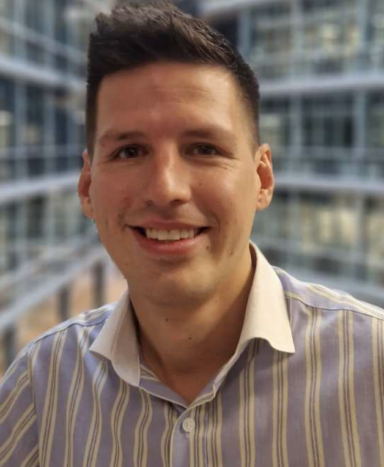
The global energy crisis challenges us to develop more efficient strategies and innovative solutions to harness solar energy. Enzymes are nature's solutions to the challenges of catalysis, honed by billions of years of evolution. In our group, we combine computational design and directed evolution to engineer enzymes for solar energy conversion. Inspired by natural photosynthesis, we create photoenzymes for carbon capture, electricity production, and nitrogen fixation.
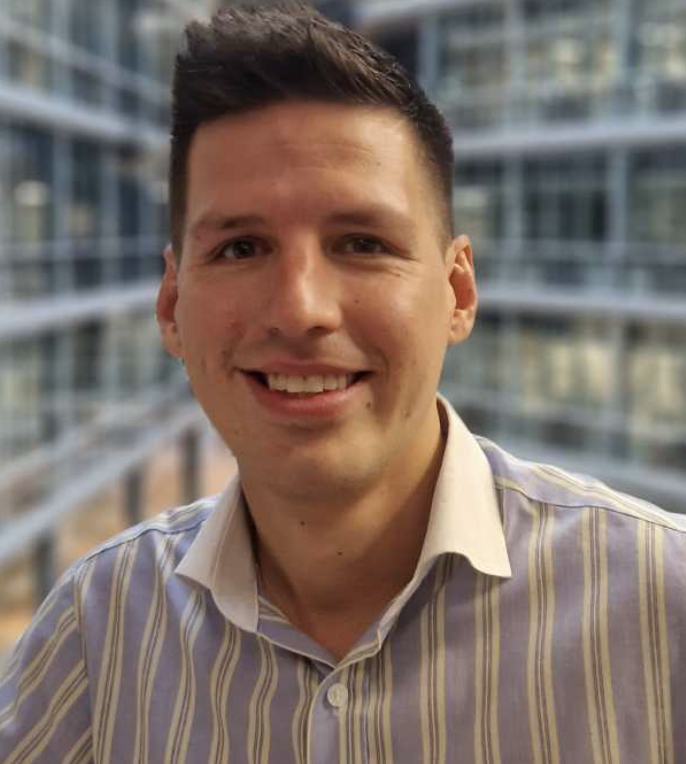
The global energy crisis challenges us to develop more efficient strategies and innovative solutions to harness solar energy. Enzymes are nature's solutions to the challenges of catalysis, honed by billions of years of evolution. In our group, we combine computational design and directed evolution to engineer enzymes for solar energy conversion. Inspired by natural photosynthesis, we create photoenzymes for carbon capture, electricity production, and nitrogen fixation.
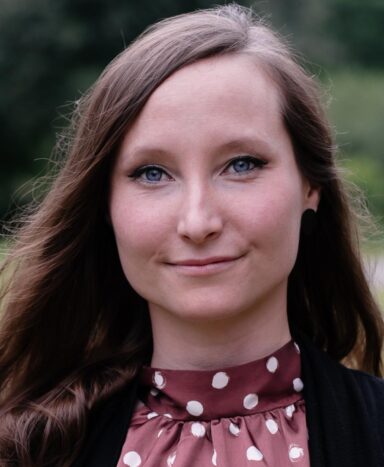
The Biogeochemistry lab aims at deepening our understanding of microbially driven element cycling in Earth’s present and past humid realm - by studying a wide range of ecosystems and microbial key players.
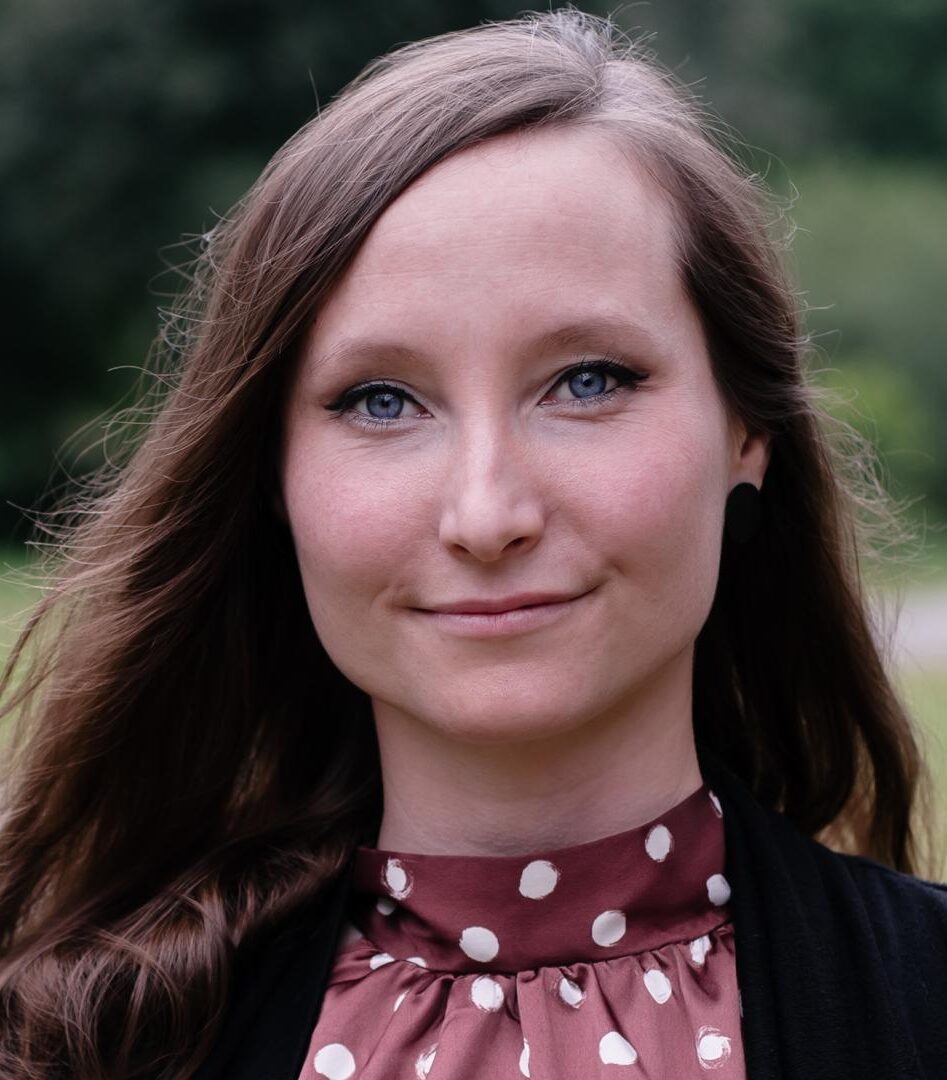
The Biogeochemistry lab aims at deepening our understanding of microbially driven element cycling in Earth’s present and past humid realm - by studying a wide range of ecosystems and microbial key players.
Industry and Startup Talks
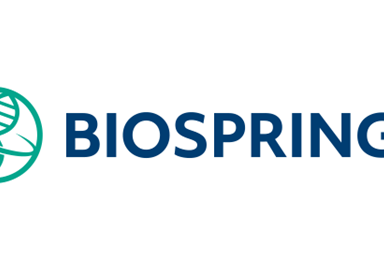
BioSpring is an industry leader in nucleic acid manufacturing technology.
As an expert in this field with a quarter century of experience, BioSpring successfully delivers innovative solutions for the manufacturing and analysis of nucleic acid therapeutics and diagnostics spanning the complete lifecycle: from discovery to commercial use. Clients can rely on BioSpring’s precision and strict cGMP compliance – guided by our expertise, passion for innovation and more than 25 years of experience.
Our aim is a highly collaborative partnership to unleash the full potential of our clients' technology - making great strides and breakthroughs possible.
https://www.biospring.de/

BioSpring is an industry leader in nucleic acid manufacturing technology.
As an expert in this field with a quarter century of experience, BioSpring successfully delivers innovative solutions for the manufacturing and analysis of nucleic acid therapeutics and diagnostics spanning the complete lifecycle: from discovery to commercial use. Clients can rely on BioSpring’s precision and strict cGMP compliance – guided by our expertise, passion for innovation and more than 25 years of experience.
Our aim is a highly collaborative partnership to unleash the full potential of our clients' technology - making great strides and breakthroughs possible.
https://www.biospring.de/

Leading the way on rare and serious diseases
We are a global biotechnology leader focused on serving patients’ needs. Our scientists use the latest technologies to develop and deliver innovative therapies that are used to treat rare and serious diseases, including immunodeficiency and autoimmune diseases, hereditary and acquired bleeding disorders, chronic inflammatory demyelinating polyneuropathy (CIDP), hereditary angioedema (HAE), and alpha-1 antitrypsin deficiency, as well as transplantation and critical care.

Leading the way on rare and serious diseases
We are a global biotechnology leader focused on serving patients’ needs. Our scientists use the latest technologies to develop and deliver innovative therapies that are used to treat rare and serious diseases, including immunodeficiency and autoimmune diseases, hereditary and acquired bleeding disorders, chronic inflammatory demyelinating polyneuropathy (CIDP), hereditary angioedema (HAE), and alpha-1 antitrypsin deficiency, as well as transplantation and critical care.
